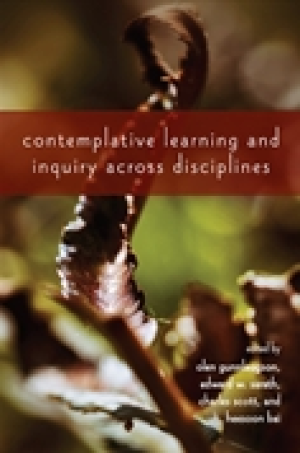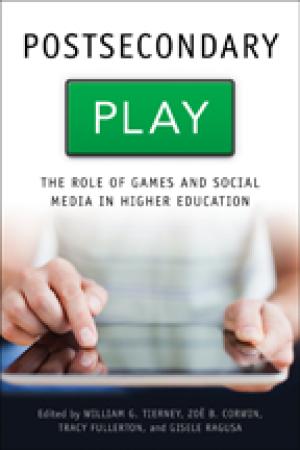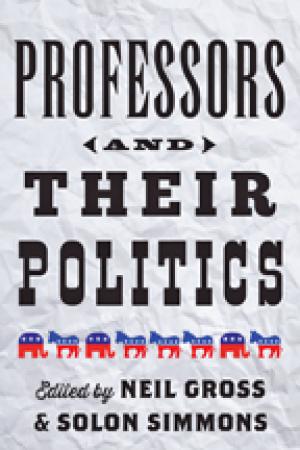Resources
Highly accessible list, with several paragraphs to flesh out and develop each item, and a brief bibliography at the end. 
University of Minnesota Resources to support active learning classrooms (ALCs), defined as student-centered, technology-rich classrooms.
Information, advice, examples of best practices, and inspiration to those using or thinking about using learning environments known as "Active Learning Classrooms" (ALCs). Produced by the University of Minnesota’s Center for Teaching and Learning. Both concrete and grounded in theory of active learning. Also has an annotated bibliography.
Annual list of software, online learning tools, apps, and other technology used in teaching. Compiled by Jane Hart from the votes of learning professionals worldwide. Some are obvious. Some are obscure. Includes brief overviews of each tool.
A multi-page tutorial from Virginia Commonwealth University’s Center for Teaching Excellence, to help you rethink your teaching for effective online teaching. Topics include: course design, teaching practices, managing online classes, and assessment.

Click Here for Book Review Abstract: A wide-ranging consideration of the emerging field of contemplative education. Contemplative approaches to higher education have been gaining in popularity and application across a wide range of disciplines. Spurring conferences, a growing body of literature, and several academic programs or centers, these approaches promise to contribute significantly to higher education in the years to come. This volume provides an overview of the current landscape of contemplative instruction, pedagogy, philosophy, and curriculum from the perspectives of leading researchers and scholar-practitioners. Contributors come from a variety of disciplines, including education, management and leadership studies, humanities, social sciences, the arts, and information science. Drawing on diverse contexts, the essays reveal the applicability of contemplative studies as a watershed field, capable of informing, enriching, and sustaining the many disciplines and instructional contexts that comprise higher education. Chapters discuss the theoretical aspects of the field; the details, experiences, and challenges of contemplative approaches; and the hopes and concerns for the future of this field. (From the Publisher)
A blog post devoted to specific concrete recommendations for designing a student assignment to create their own “Ted Talks,” including analysis of how Ted Talks work pedagogically. 
A browsable online library of resources for interfaith work on campus and in the classroom - including downloadable PDFs, videos, webinars, and podcasts, teaching modules, case studies, reading lists, and “best practices” and topics such as assessment, leadership, impact, and guidelines for site visits.

The college application process—which entails multiple forms, essays, test scores, and deadlines—can be intimidating. For students without substantial school and family support, the complexity of this process can become a barrier to access. William G. Tierney and his team at the University of Southern California approach this challenge innovatively. Using the tools of online games and social media, they have developed ways to make applying for college much less intimidating. While the vast majority of college students use social media and gaming in their everyday lives, colleges and universities have been slow to recognize and harness the power of either. Postsecondary Play explores the significance of games and social media in higher education, and particularly how they can be used to attract, retain, educate, and socialize students. Tierney, a past president of the American Educational Research Association, has gathered some of the best research on the emerging role of multiplayer games in the classroom and how these tools can boost student confidence and increase college access. Scholars writing from a wide variety of disciplines—college access, social media, game studies, and learning sciences—provide concrete examples to illustrate the new and complex ways in which students learn in response to social media and games. Tierney and the contributors find that, although games can be powerful tools for encouraging underserved students, quality game design and mastering the concept of play—the ability to develop skills while engaging in the game—are essential in the effective use of serious games in teaching and learning. Summarizing a decade of research in game design and learning, Postsecondary Play will appeal to higher education scholars and students of learning, online gaming, education, and the media. (From the Publisher)

Click Here for Book Review Abstract: Professors and Their Politics tackles the assumption that universities are ivory towers of radicalism with the potential to corrupt conservative youth. Neil Gross and Solon Simmons gather the work of leading sociologists, historians, and other researchers interested in the relationship between politics and higher education to present evidence to the contrary. In eleven meaty chapters, contributors describe the political makeup of American academia today, consider the causes of its liberal tilt, discuss the college experience for politically conservative students, and delve into historical debates about professorial politics. Offering readable, rigorous analyses rather than polemics, Professors and Their Politics yields important new insights into the nature of higher education institutions while challenging dogmas of both the left and the right. (From the Publisher)